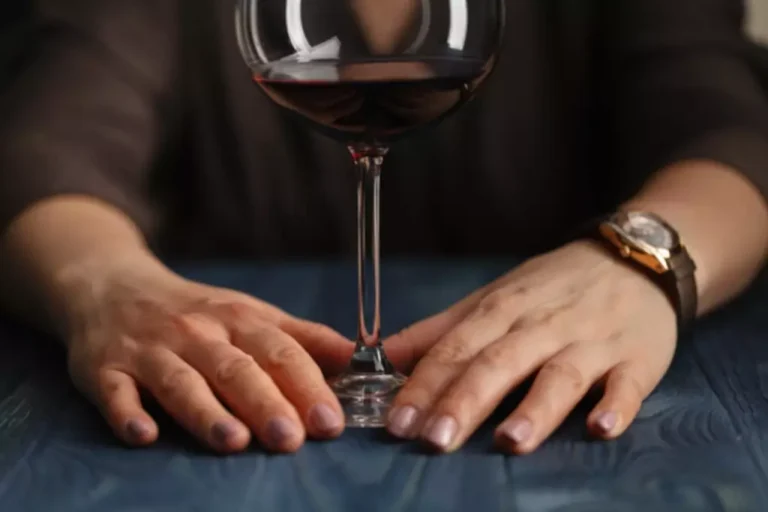Your cart is currently empty!
The Angry Drunk: How Alcohol and Aggression Are Linked

In a study published in Science Daily, researchers found that people who are shortsighted are less likely to think about the consequences of their actions. Therefore, people who tend to live in the now are more likely to make snap decisions when they’re intoxicated. This doesn’t always result in anger and aggression, but if a person is predisposed to these traits, then the inhibition-lowering tendencies of alcohol can cause them to more readily express it and act on it. And, statistics show that angry drunks are more prone to end up in trouble with the law.
Alcohol Myopia and Aggression
- Likewise, we may also misinterpret when someone is being normal and think they are acting hostile or antagonizing.
- People with higher levels of testosterone are more likely to be aggressive.
- This is because alcohol disrupts the part of the brain that controls impulse control, leading to a decrease in inhibitions and a decrease in the ability to express emotions in a healthy way.
These include genetics, mental health issues, environmental influences, stress, and social alcoholism symptoms issues. Cognitive behavioral therapy is another form of treatment that can help a person overcome meanness when sober. This type of therapy focuses on helping a person identify and change the thought patterns and behaviors that are contributing to their alcoholism. This can help a person learn how to regulate their emotions and cope with their feelings without resorting to meanness. Alcoholism can also lead to meanness when sober due to the effects of withdrawal. When a person is an alcoholic, their brain and body become accustomed to having alcohol in their system.
- Anger is an emotion made up of many different feelings like dissatisfaction, displeasure, hurt, and frustration.
- Removing chemicals from the body is certainly the first step but it doesn’t fix years of maladjustment to life.
Mixing Kratom and Alcohol: Can You Drink on Kratom?

And because alcohol directly impacts serotonin levels, excess drinking means our limbic response isn’t reliable. This is one reason why people are quick to anger when they’re drinking https://ecosoberhouse.com/ – they are perceiving more threats than they would with no alcohol in their system. Control of emotions isn’t the only link between alcohol and anger.
Why Do People Get Angry When Drunk?

At The Ohana, our compassionate team has first-hand why are alcoholics angry knowledge about the complex relationship between alcoholism and emotional well-being. We’re here to answer your questions about anger and irritability, as a consequence of alcohol abuse. Support groups and 12-step programs like Alcoholics Anonymous can also provide much-needed help. These communities offer peer support, allowing individuals to share experiences and gain insights from others who’ve battled similar issues.
Addiction, Addiction Treatment and Recovery in Texas

We also offer residential treatment for those needing intensive care. This occurs in long-term relationships such as marriage, as well as all dating scenarios. If your partner shows intense feelings of anger and a lack of self-control when drinking, reach out for help. Domestic violence is a very dangerous potential result of alcohol abuse. A 2017 study showed that men under the influence of alcohol had higher rates of physical and sexual aggression.
Why Do I Get Angry When I Drink?
In addition, alcoholics may still be dealing with unresolved issues from their past that can cause them to be mean when sober. Alcoholism can lead to a person being mean when sober due to the effect it has on their emotions and mental health. It can also be caused by withdrawal symptoms and the impact it can have on relationships. Fortunately, there are a number of treatments available that can help a person overcome meanness when sober, such as group therapy and cognitive behavioral therapy. Alcohol addiction and drug addiction are mental health disorders that can be difficult to deal with in oneself or other people. If you notice that a loved one is drinking too much, encourage them to seek help in a non-judgmental way.

Leave a Reply